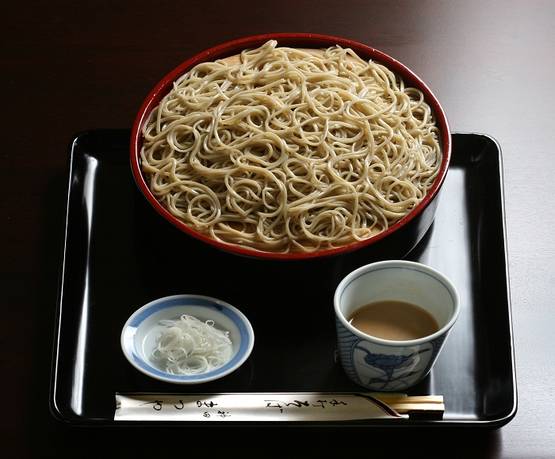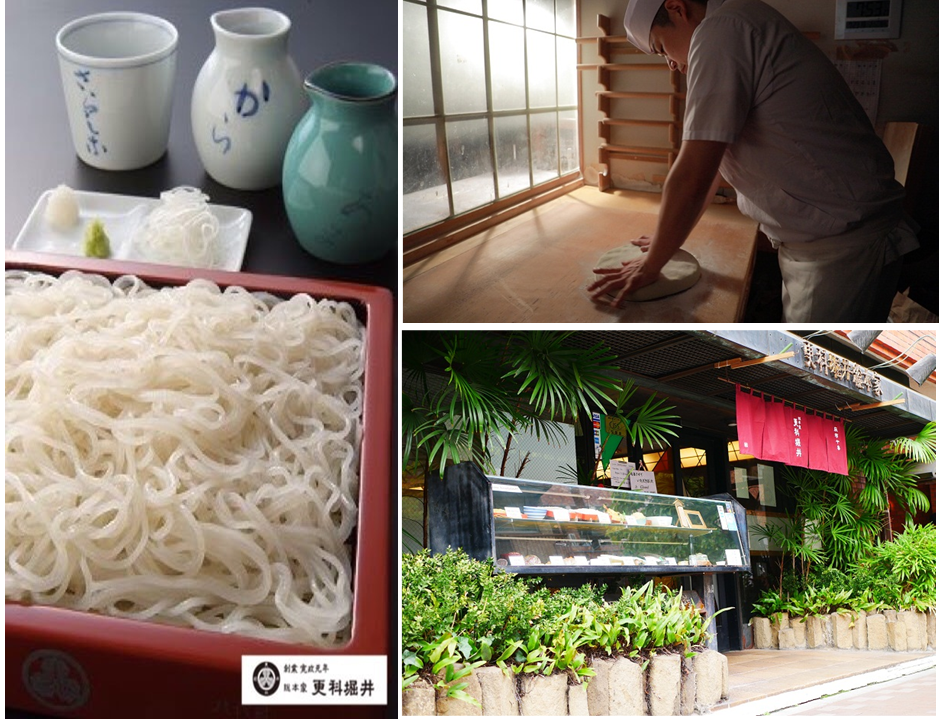- TOP
- 探す
- ショッピングレポート 検索結果
- Let's eat soba and experience Japanese culture!
Let's eat soba and experience Japanese culture!
-
エリア
- 関東
- 東京
-
カテゴリ
- その他
-
更新日
- 2018-12-02
It's a Japanese tradition to eat soba (buckwheat noodles) in the evening of New Year's Eve, to wish for good luck or to get rid of any bad luck before the start of the next year. Soba noodles are loaded with symbolism: "the thinner; the longer" in shape, they represent a wish for longevity, and because they are "easy to bite through in the mouth", they also represent "breaking away from hardship or calamity" before the New Year begins, so they provide a quintessential "taste of Japan"!
Let's start by introducing a long-established restaurant in Tokyo, highly recommended for eating soba for the first time.
Kanda-Matsuya(神田まつや)
Originally established in 1884, during the Meiji era. You can appreciate, through soba, the passing of history, through the Showa era and up to the present. The restaurant interior is decorated with pots for kneading noodles, that were used during the Showa era, together with a grandfather clock that still continues to tick. When you savor your noodles with the "slightly strong dipping sauce" beloved in the old low-lying part of Tokyo, Shitamachi, you will feel in your core the flavor enjoyed by ordinary Japanese people. Incidentally, the shrimp that is served with soba, with its curved back, is also a symbol of longevity, and considered a good omen.

Flagship Restaurant, Sarashina-Horii(総本家更科堀井 本店)
A restaurant with 230 years of history, a 5-minute walk from Azabu-juban station. Normal "soba" has color. However, at this restaurant, you can experience pure white "Sarashina Soba" noodles, prepared using just the inner core of the buckwheat kernels. Another recommendation is "Kawari Soba", which includes seasonal ingredients pounded into the noodles, so you can enjoy the aromas and flavors of the changing seasons!

..... read the rest of article on "TABILABA" website
https://tabilover.jcb.jp/eng/staff/shop_info/cat10/soba.html









